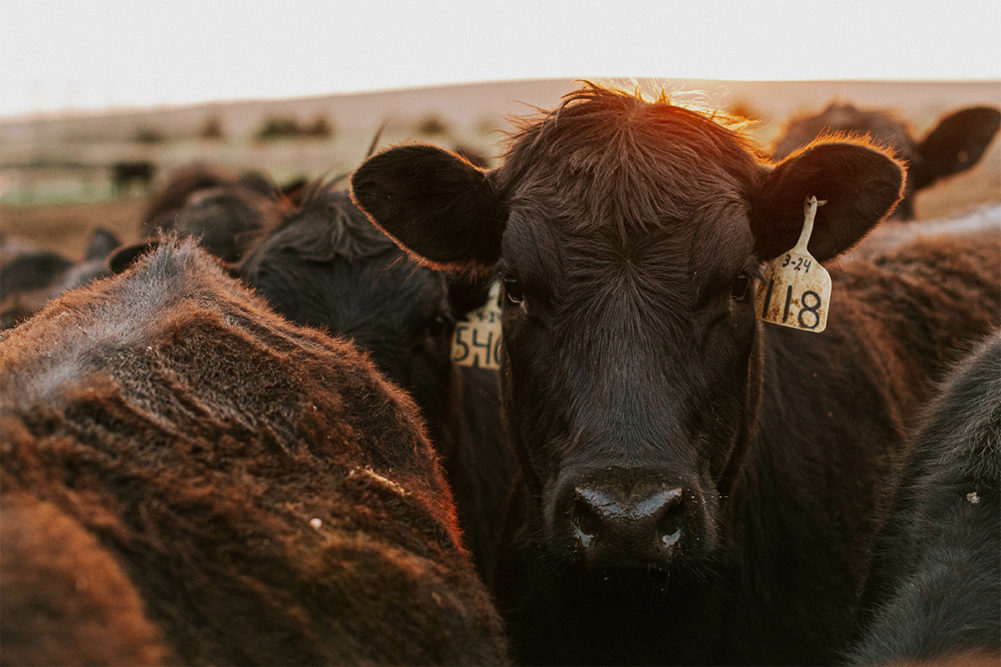WASHINGTON — Congress recently passed the Consolidated Appropriations Act 2024, which includes a provision of $15 million for electronic identification (eID) tags that will potentially be required by ranchers under the Animal Disease Traceability rules.
The act passed in the House with a 339–85 vote, and in the Senate with a 75–22 vote.
Despite the $15 million allotted to the beef industry, not all stakeholders support the new legislation given the underlying reason for the funding.
The National Cattlemen’s Beef Association (NCBA) responded with neutrality toward the appropriations act.
“While not perfect, this legislation does provide $15 million for electronic animal ID tags for cattle producers,” said Ethan Lane, vice president of government affairs at NCBA. “As USDA potentially finalizes a traceability rule, NCBA’s priority is ensuring that producers do not incur the cost of complying with this rule.”
Bill Bullard, chief executive officer of R-CALF USA, said the trade group is opposed to the $15 million appropriations since eID tagging has yet to be required of beef producers.
In 2022, the US Department of Agriculture proposed changes to its animal disease traceability regulations, looking to make specific animal identification requirements for animals that qualify under indemnification.
USDA is still in the process of finalizing the rule.
“The United States’ livestock industry is currently operating under the 2013 final rule that gives producers flexibility in the type of animal identification device they use when adult cattle are shipped across state lines,” Bullard said. “That flexibility includes non-eID plastic and metal ear tags as well as tattoos and brands and back tags. So, producers are able to use what best fits their operations in order to achieve the level of identification that the USDA seeks.”
R-CALF is currently urging the White House to reject the USDA’s proposed rule.
Bullard added that if they are not successful, the group’s next step would be to encourage Congress to use the Congressional Review Act to reverse the USDA rule. And, ultimately, if neither of those attempts succeed, R-CALF plans to consider litigation.
“We do not believe that USDA has the authority to impose such a costly mandate upon the industry,” he said.

